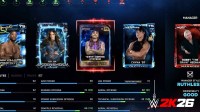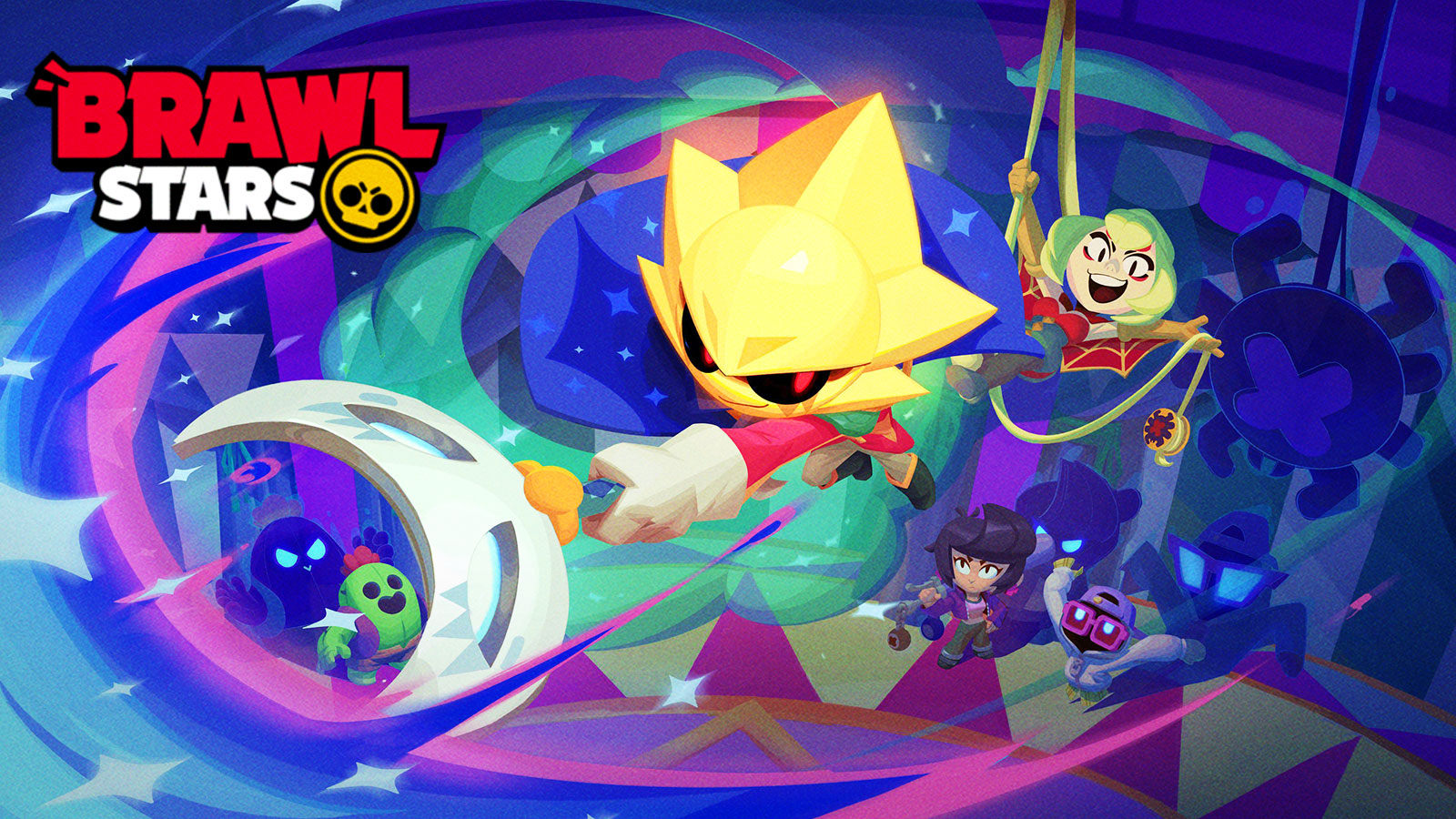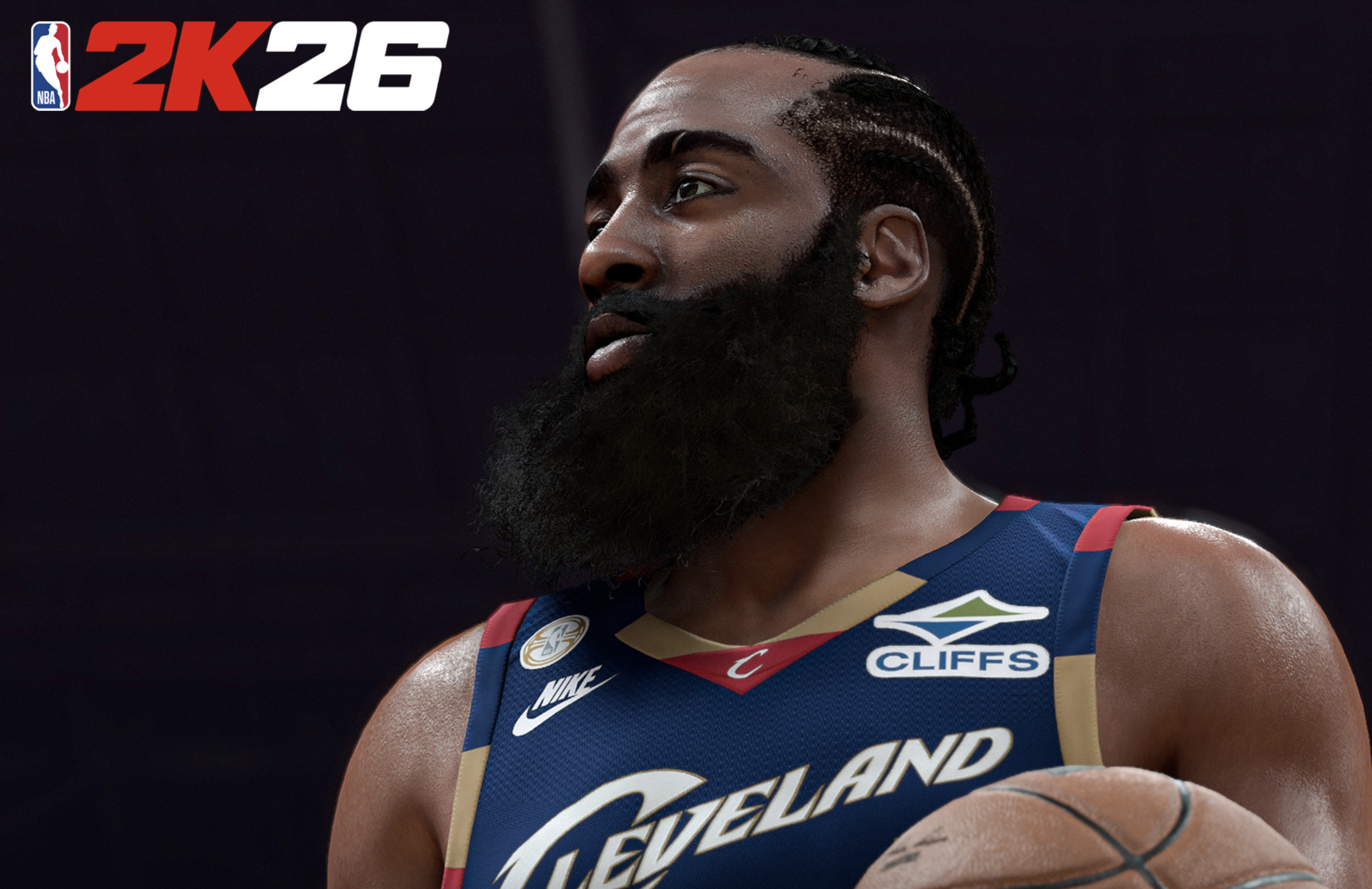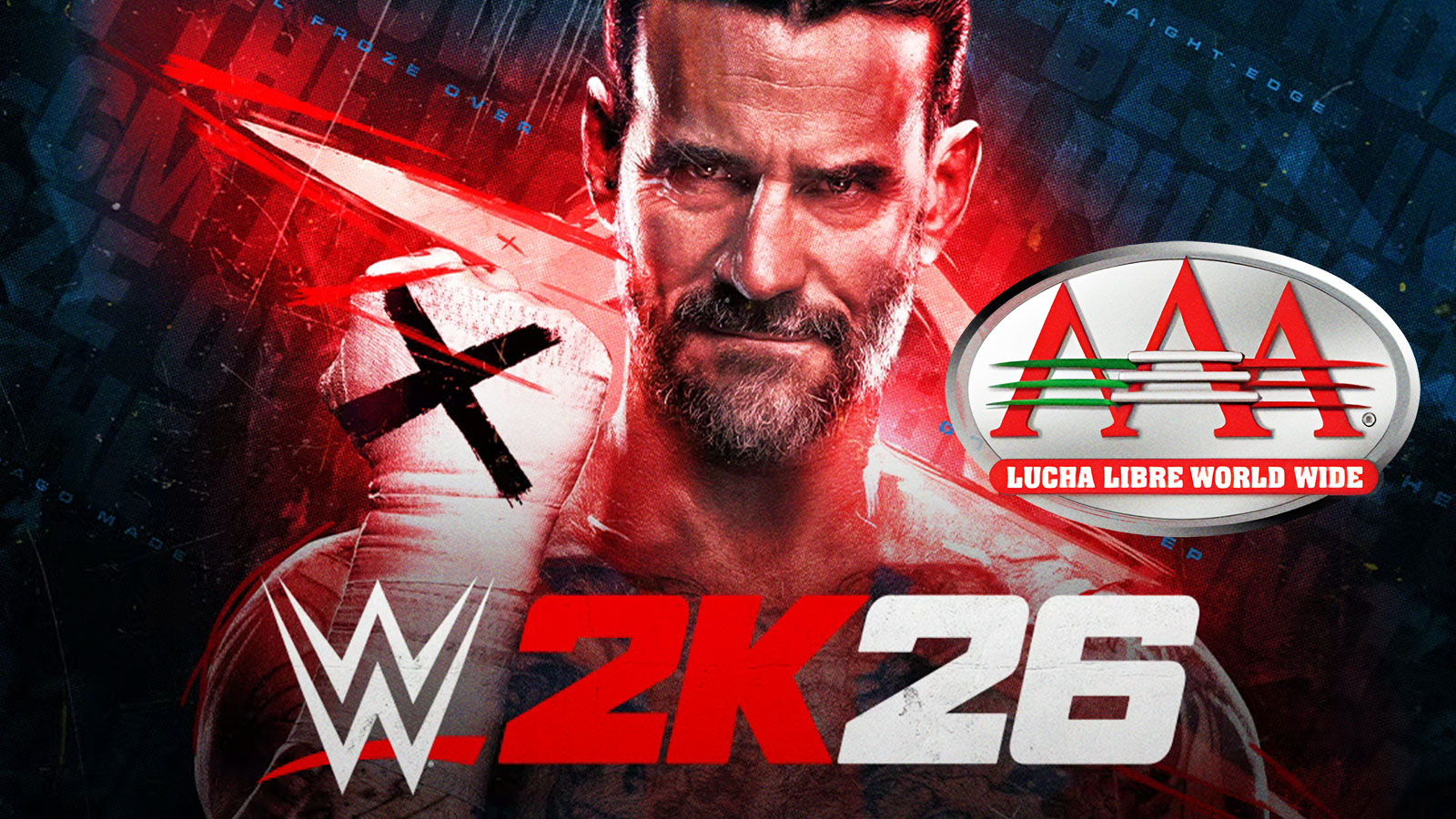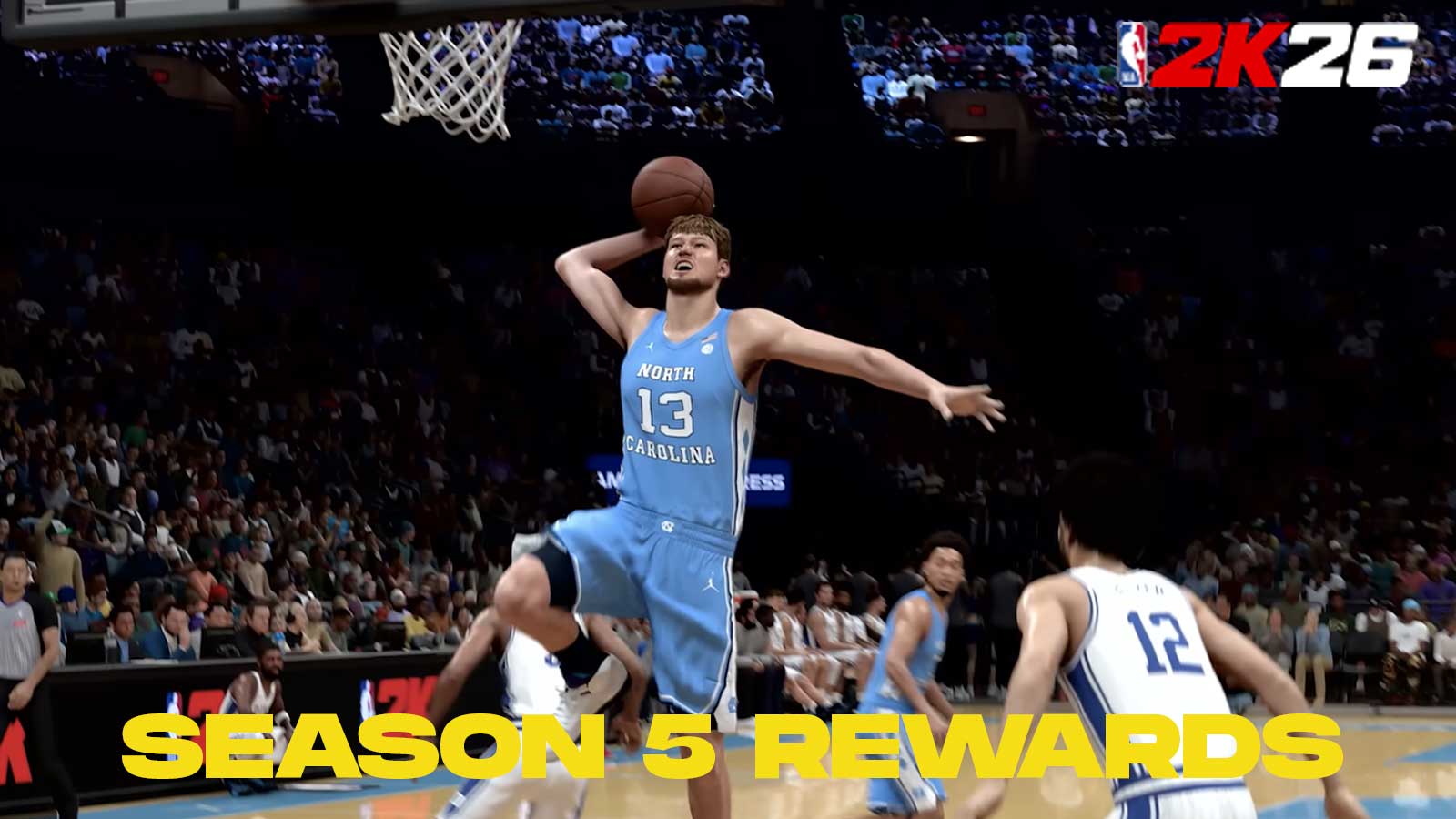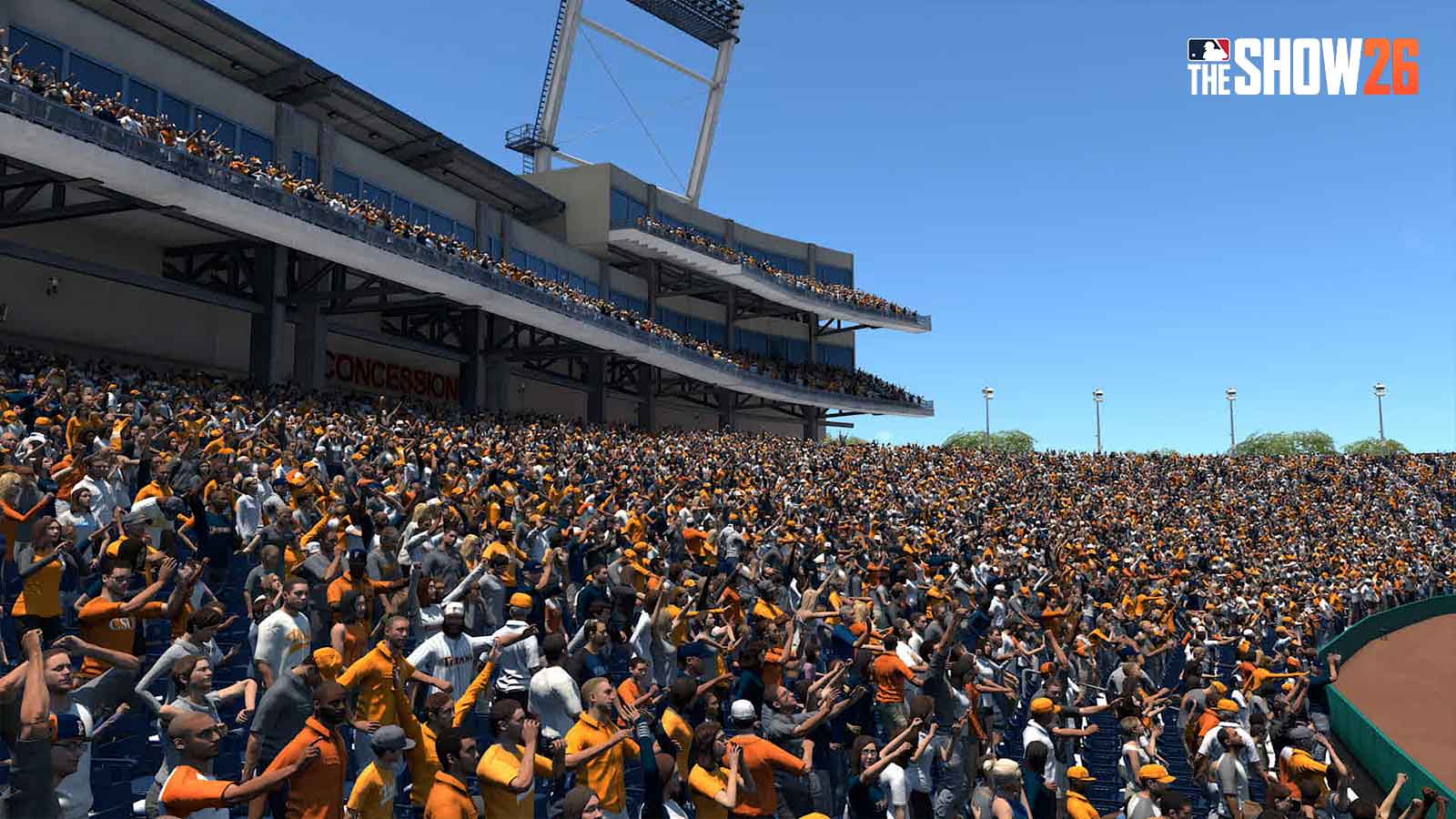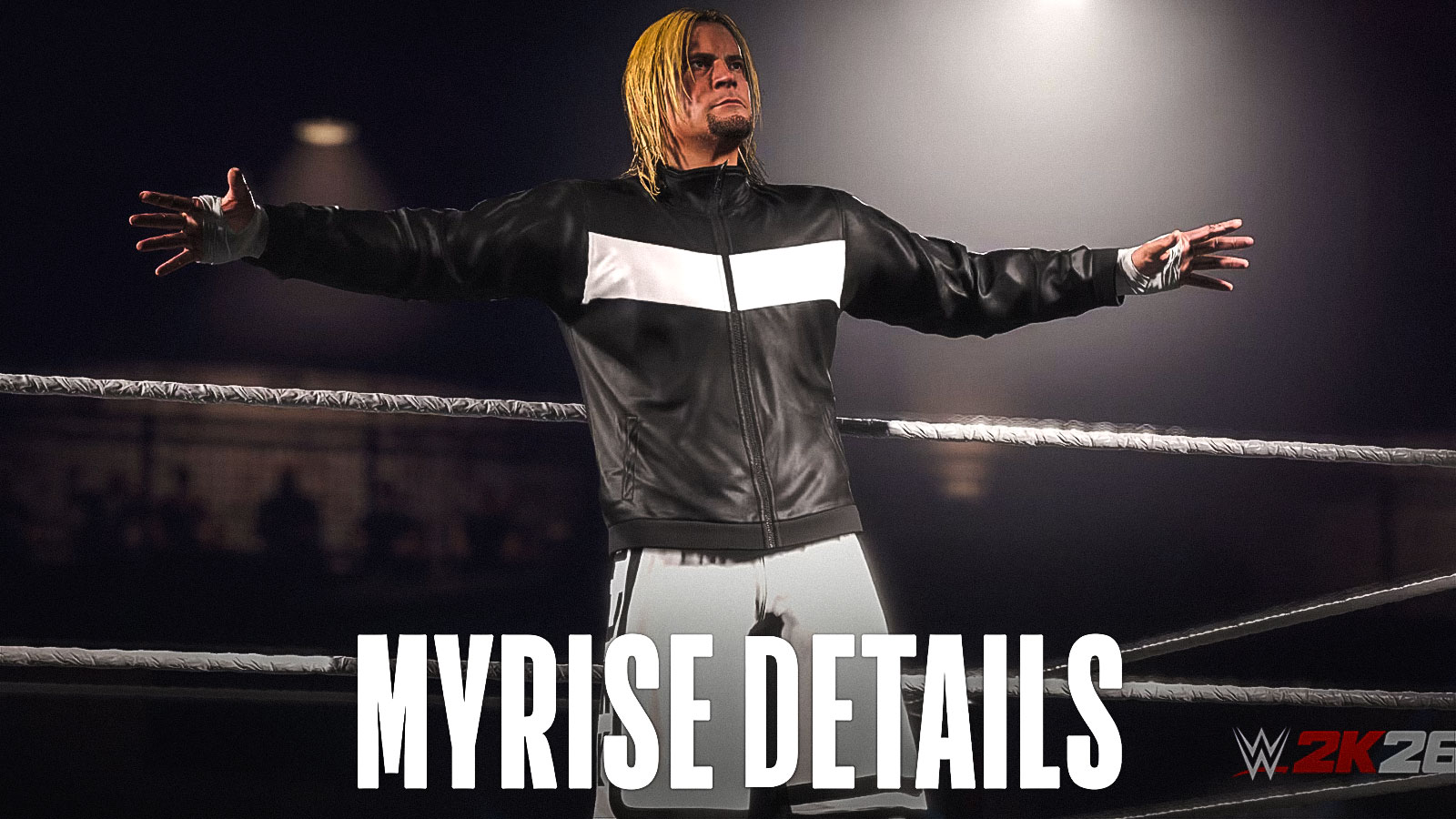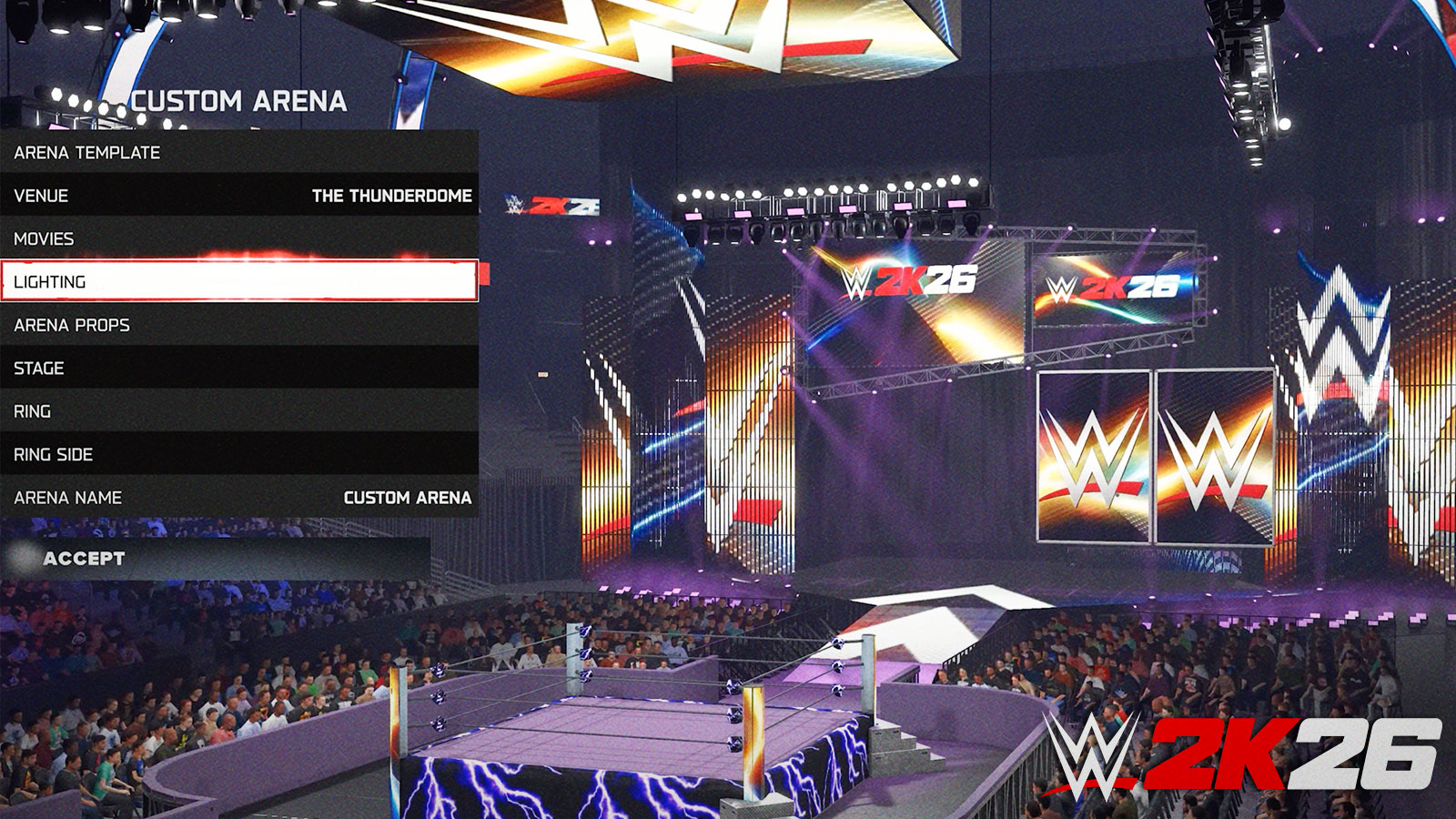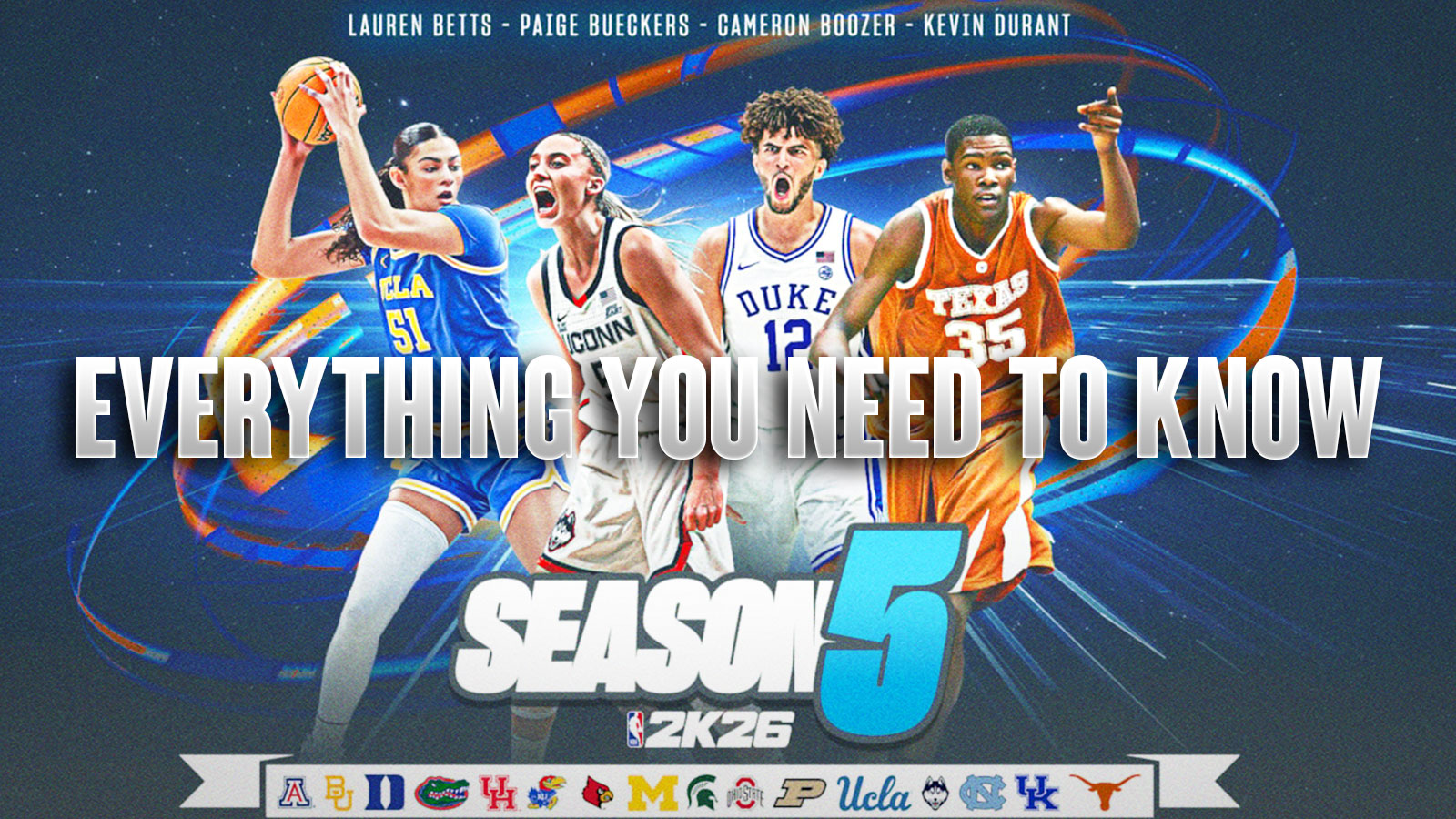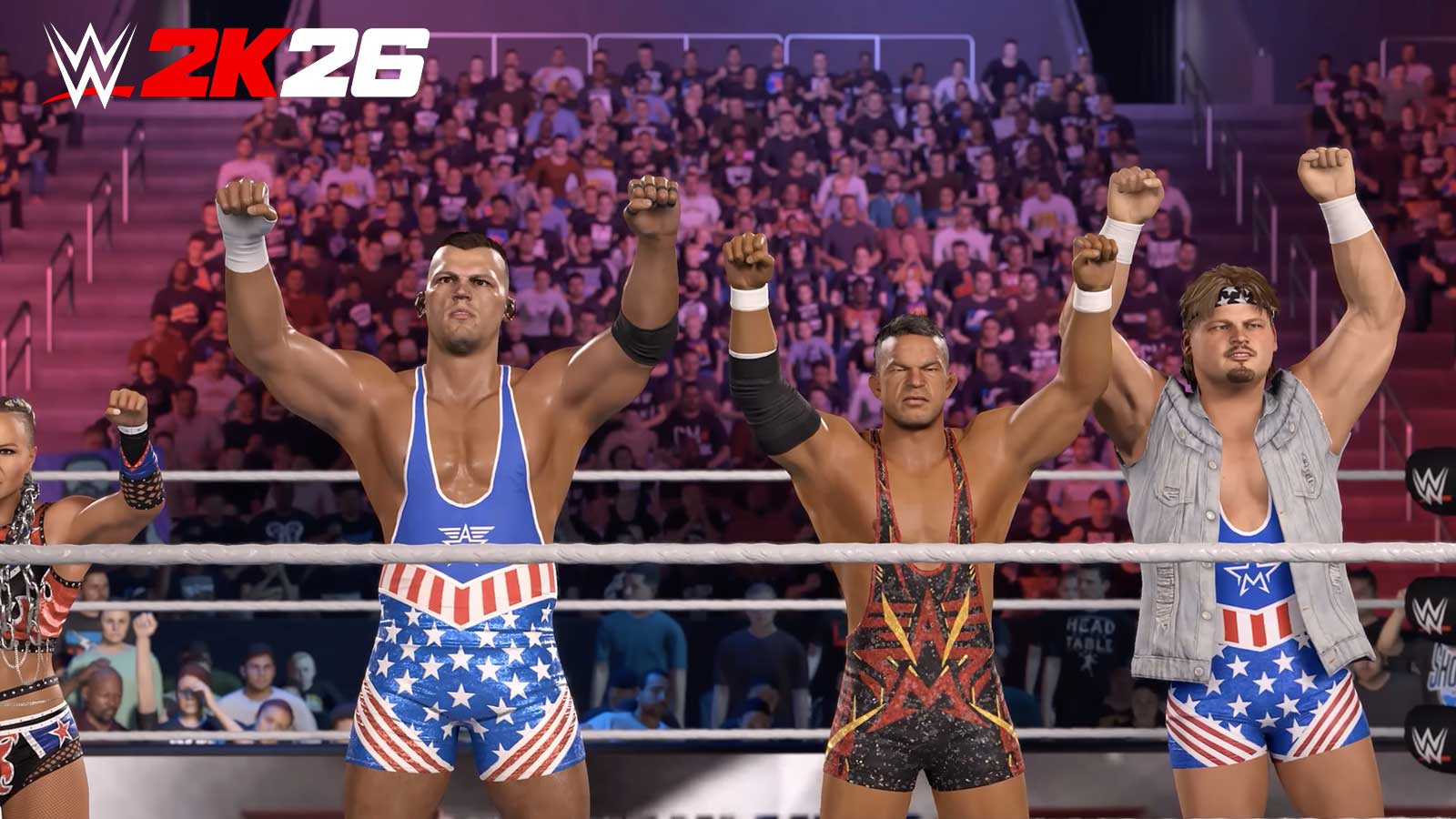The Detroit Pistons surprised a lot of people last season. A 44-38 finish and a playoff push showed real forward momentum for the Pistons' young core. However, the NBA 2K26 snapshot for Detroit feels like it was drawn from a different season. Some players are undervalued relative to the roles they already own, while others are rated as if they’ve finished the next stage of their development. The result is a roster that plays fine on paper in 2K, but poorly represents how this team actually functions in real life.
Below, I’ll call out five specific players whose 2K26 ratings are either clearly too high or painfully too low, explain why the grades are wrong, and what a more realistic adjustment should look like.
Cade Cunningham: Underrated at 92 OVR
Cade is the engine. 2K lists him at 92 overall with an 83 three-point and 75 dunk profile. The box says “Playmaking Inside-Out Scorer,” and that’s accurate, but the rating still undersells what Cade already provides: true on-ball creation, pick-and-roll orchestration, improved pull-up scoring, and the kind of leadership that turned the Pistons into a postseason team.
A 92 makes him a top-tier star, but not the transformational floor general he’s become. In a postseason context where lineup construction matters, Cade’s ability to wear multiple hats (primary creator, secondary rebounder, late-game closer) should push him toward the mid-90s in 2K. Realistic target: 94-95 OVR. Understate him and you undercut the Pistons' simulated ceiling.
Jalen Duren: Criminally underrated at 82 OVR
Jalen is listed as an Interior Enforcer with 82 overall, 35 three-point, and 80 dunk. Those archetypal numbers capture his profile most bluntly: high finishing, no shooting, but they don’t reward what actually moves the needle, which is rim protection, rebound control, verticality on both ends, and modern mobility for a big man.
An 82 puts him in rotation-big territory. That’s the wrong mental model. If Duren is the athletic rim protector who changes shots and governs the paint on both ends, his impact in simulation and in real matchups is larger than 82 suggests. Reasonable 2K justice: 86-87 OVR, with interior defense and offensive finishing prioritized.
Jaden Ivey: Overrated at 81 OVR
Jaden’s a high-energy ISO specialist: 81 OVR, 84 three-point, 85 dunk. Those shooting numbers are a red flag. Ivey is explosive and an elite finisher at the rim, the 85 dunk shows that, but calling his three-point shooting 84 in the same breath elevates him to “ready secondary creator/spacing guard” in 2K terms, which isn’t fair to Detroit or to builders who want realism.
2K seems to have leveled him up on hype rather than stable performance. Ivey is still refining shot mechanics and decision making; he’s a high-ceiling piece, not a finished product. As a result, his OVR and especially his 3PT grade should come down slightly. A more defensible rating would be 78-79 OVR, with 3PT closer to the mid-70s until there’s consistent evidence otherwise.
Ausar Thompson: Undervalued two-way star at 81 OVR
Ausar’s 81 overall with a 92 dunk reads like a highlight reel stat and not a complete evaluation. He’s listed as a “2-Way Rim Attacker,” which is correct. Length, switchability, and downhill finishing are his calling cards. However, 2K hasn’t rewarded the defensive versatility and floor-spacer upside enough.
It just looks too easy for Ausar sometimes 🤣#DetroitPistons pic.twitter.com/ocjd0AxIXf
— SleeperPistons (@SleeperPistons) August 21, 2025
When a player posts a near-elite dunk grade and plays competent perimeter defense, they should be valued as more than a patch-up role player. Ausar’s archetype is tailor-made for today’s switching defenses and quick transition offenses; a fairer grade would be in the 84-86 OVR range if 2K wants roster realism to match on-court impact.
Duncan Robinson: Overrated at 77 OVR
Duncan’s presence on the roster and the 84 three-point grade give him a stat line that looks tempting in 2K: a catch-and-shoot ace who stretches defenses. But context matters. Robinson’s value is entirely dependent on shot volume, health, and role stability. A 77 overall takes him into the upper-rotation conversation; in Detroit’s lineup construction, he is far more likely to be a specialist off the bench who can get targeted by defenders once scouts game-plan him.
Put simply: 2K’s number flattens nuance. Robinson should be lower, around 74-75, so users understand he’s a single-skill specialist, not a multi-positional piece.
Team rating ≠ Team identity
The aggregate effect of these misratings is more than cosmetic. In MyNBA simulations, matchups, and roster building, small rating shifts cascade into big differences. Undervaluing a primary playmaker (Cade) and a roving rim protector (Duren), while inflating specialists creates an illusion that Detroit is more replaceable and less plug-and-play than it really is. That matters to casual gamers who play sim games, to franchise players drafting or trading, and to fans trying to understand their team’s real potential.
Detroit Pistons 2K26 Ratings pic.twitter.com/yKbbyQt5KF
— Pistons Talk (@Pistons__Talk) August 21, 2025
2K’s ratings system often defaults to narrative inertia: give credit where names are known and penalize where minutes were inconsistent. For Detroit, that means recent improvements (a playoff berth, better defensive identity, bench cohesion) aren’t fully recognized. The right approach would be to weigh role change, defensive impact, and usage more heavily, things 2K currently treats too lightly.
Ratings aren’t destiny, but they shape perception. A corrected slate would nudge Cade into elite superstar territory, raise Duren and Ausar to reflect true two-way value, and pull back a tad on the hype players who haven’t yet shown consistent floor-raising production. That set of adjustments would make MyNBA simulations, matchups against elite teams, and fantasy rosters fall more in line with the real Pistons.
If you play 2K with Detroit, tweak the sliders; it’s the fastest way to mirror reality. If you follow the team, demand that rating patches reflect what we saw last season: a young franchise that took a step, not a static roster stuck between potential and proven output. Either way, the true story is clear: NBA 2K26 got Detroit’s ratings wrong, badly, and both gamers and Pistons fans deserve a fix.








